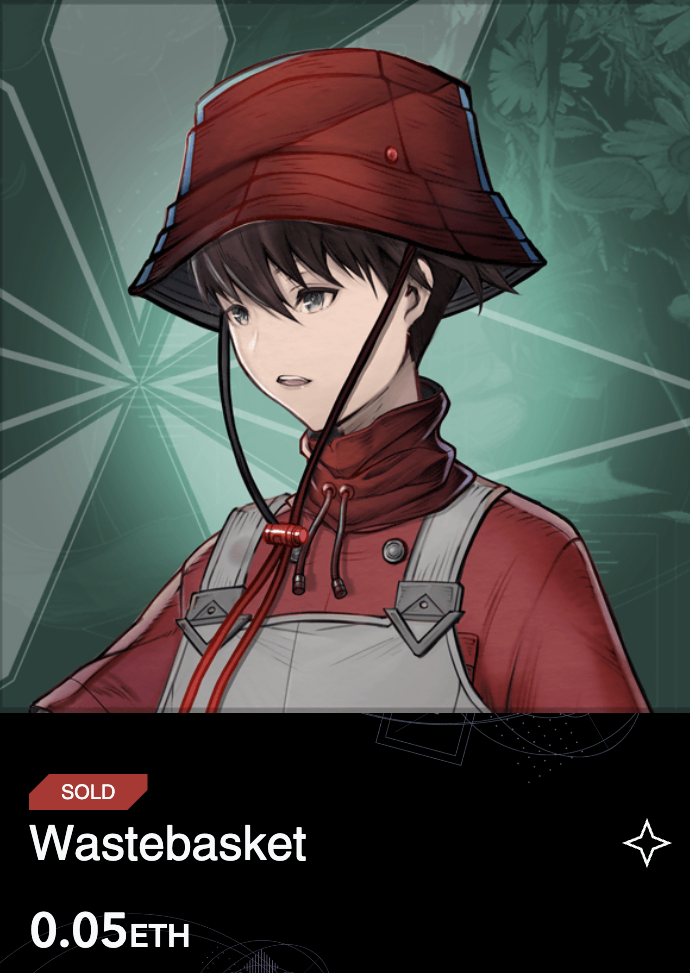Square Enix’s first blockchain gaming project, Symbiogenesis, has released its first batch of Ethereum NFT heroes – and the characters’ names are undeniably curious, to say the least. But they sell.
Someone dropped over $1,200 worth of ETH for an NFT character called ‘Egg’, while another spent over $500 for a hero called ‘Hungry.” Neither Egg nor Starvation bear any physical resemblance to the respective meanings of their names, so it feels a bit like the names could have been spit out of an AI name generator, or are the start of someone’s crypto wallet seed phrase.
“KennelIt seems like she’s much more ready to start a punk rock band outside of a Hot Topic than to symbolize a dog’s abode. “Dimple‘doesn’t seem to have dimples’,Her‘seems to have no hair, and’Tuber‘ looks a lot more like a secret military agent than a root vegetable.
For its latest game, Final Fantasy maker Square Enix has ditched unique, fantasy-inspired names like Sephiroth or Yuna. All 500 character NFTs from Symbiogenesis Chapter 1 have names that are real words — from “Condiment” to “Test” to “Wart” and “Mountain Climbing” — in an apparent attempt to put an end to human name-giving to these human characters.

Waste paper basket. Image: Square Enix/Decrypt.
But the intention – or reason, if any – for giving characters names like ‘Cockscomb’ and ‘Famine’ is unclear. Declutter contacted Square Enix for comment on the inspiration for such names, but did not immediately receive a response.
Symbiogenesis was first announced in late 2022 and will be fully launched 21st of December. The free-to-play browser-based story game offers players a quest system to unlock further game chapters, but players will need an NFT hero to be eligible to participate in the limited final game mission that determines the final outcome of the story.
Who knows? Perhaps the hero who decides the fate of Symbiogenesis will be named ‘Egg’. Or “Affair,” who wears both a baseball cap and breastplate armor. Or it could even be a spiky-haired ‘Excuse’.
Everything is possible.
Edited by Andrew Hayward

